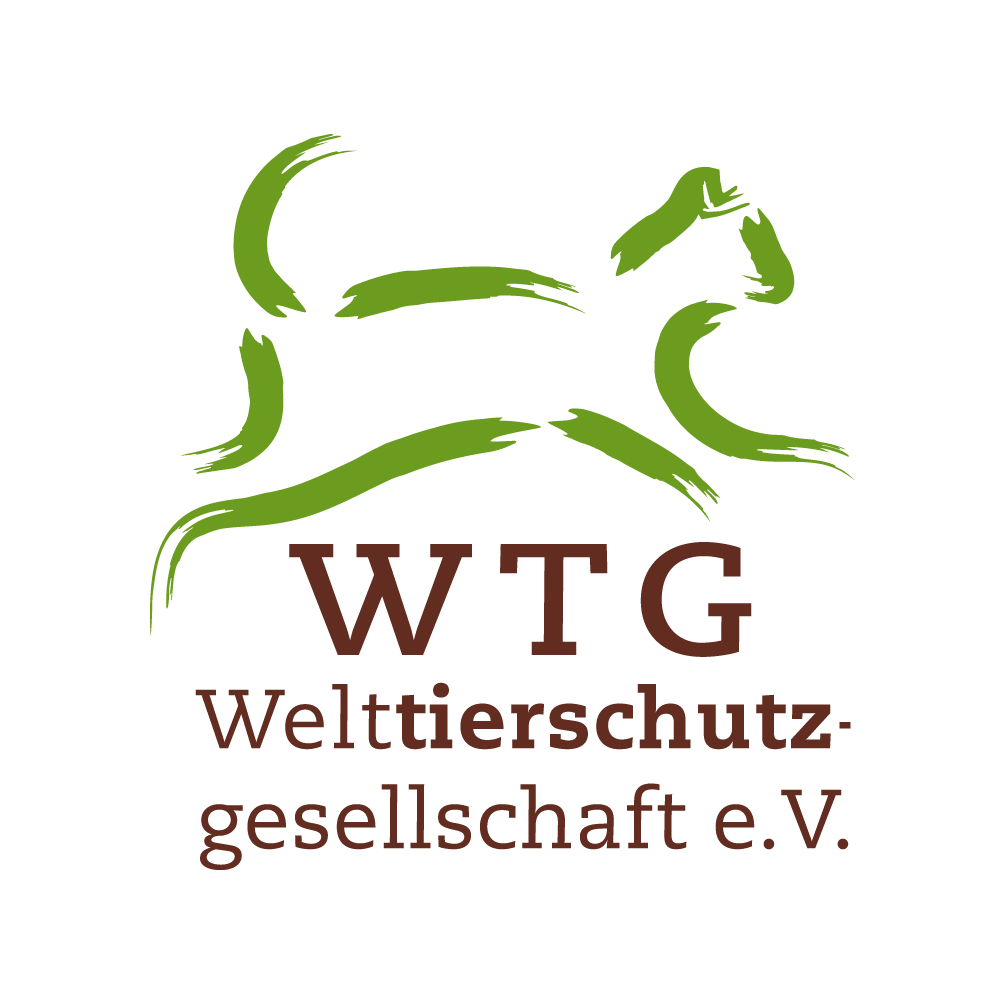Animal welfare starts with humans
Our vision is a world in which animals are appreciated and treated according to their needs.
Welttierschutzgesellschaft e.V.
Welttierschutzgesellschaft e.V. (WTG) is a non-profit animal welfare organisation based in Berlin (Germany). Our vision is a world in which animals are appreciated and treated according to their needs. In our work for animal welfare we focus on countries and regions with little protection for animals.
In 2023, we supported:
Our vision is a world, in which animals are appreciated and treated with respect according to their needs.
All over the world animals are neglected, mistreated, abused and killed inhumanely. We aim to improve the situation for animals in the long-term i. e. by providing veterinary care, supporting animal sanctuaries and through our educational work. Therefore, we cooperate with local partner organisations and involve the people who are directly concerned.
In emergency situations such as natural disasters or acute animal threats, we provide immediate assistance.
International animal welfare also starts at our own doorstep which is why we also create awareness in Germany, to improve the relationship between humans and animals. In all of our work our charity stands for a high level of transparency.
Your contribution matters
We aim at improving the situation for animals in long term i. e. by providing veterinary care, by supporting animal sanctuaries and through our educational work. Every single donation helps!
5 Euros
monthly
help vaccinating 15 dogs against deadly rabies.
50 Euros
secure the veterinary care of 100 donkeys in our mobile clinics in Kenya.
